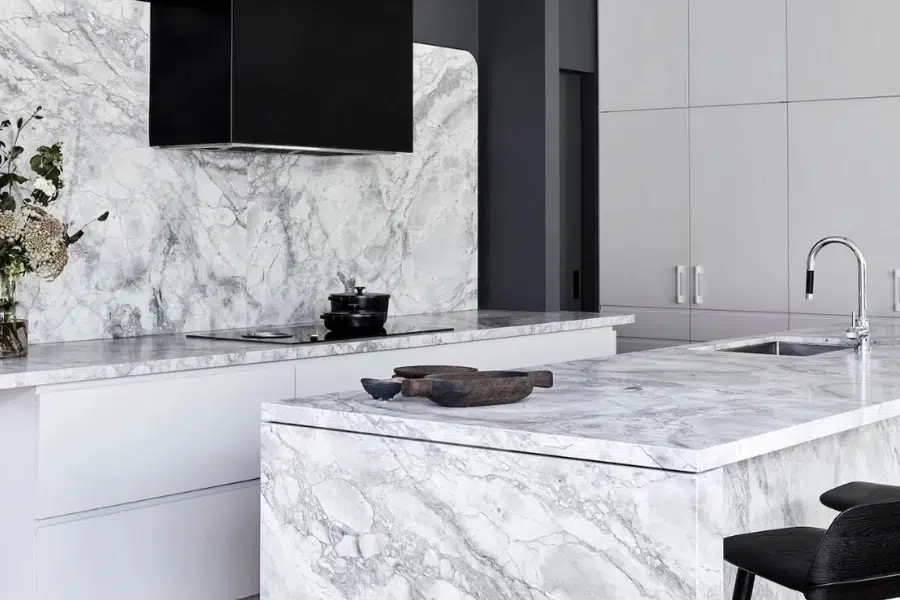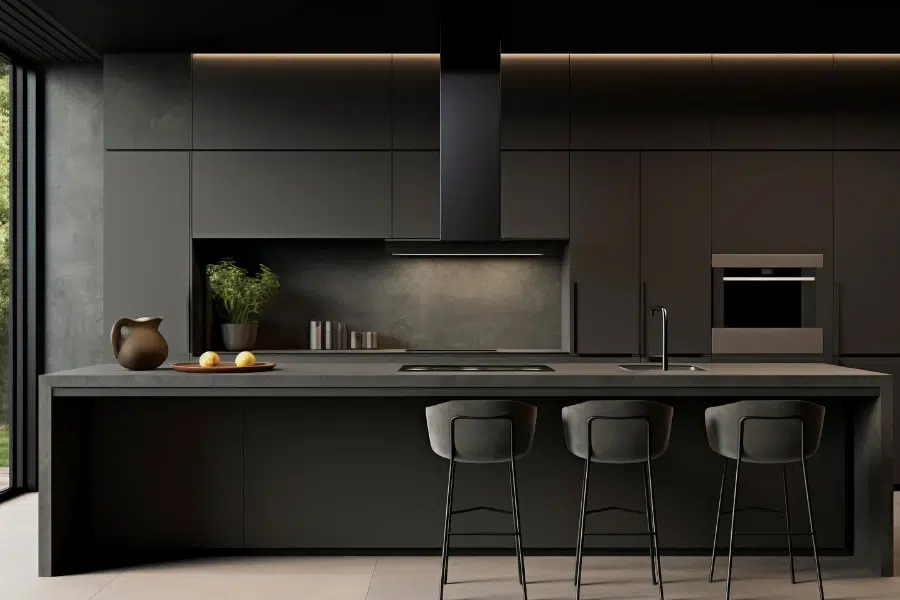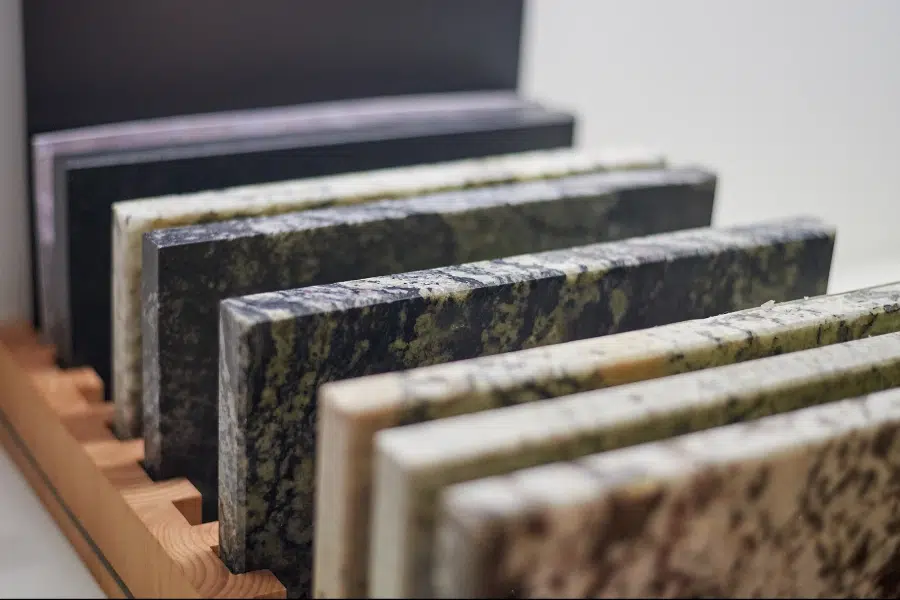Why should you go for a Marble Benchtop?
Marble is regarded as a great surface for bathrooms, workplaces, fireplace surrounds, and a variety of other applications where it is not subjected to a lot of wear and tear. When asked about the benefits of installing Marble Benchtops, the common response from a contractor is always where will the marble be applied.
Marble is formed from metamorphic rock. It begins as a sedimentary rock called dolomite or limestone, and after being subjected to extreme heat and pressure, it transforms into a beautiful stone. Because of impurities in the primary dolomite or limestone rock, the transformation occurs. The materials crystallize when exposed to heat and pressure. When it comes to calcium carbonate stones, the clearest you’ll find is white. In ancient times, craftsmen used this flawless stone to carve statues. There are numerous reasons why you should use it as a benchtop.
Benefits of Marble Benchtops:
Magnificent Beauty
When it comes to benchtops, the main reason why marble benchtops remain in high demand is because of their exquisite appearance. Marble’s distinctiveness is a significant and evident value. Marble is a unique natural stone that can’t be duplicated. This volcanic stone comes in a beautiful array of colors. Solid white, solid black, and a wide range of colors, including rose, yellow, grey, green, white marble, and black, are among the options.
Because marble is a natural product, individual slabs may contain faults that are difficult to see in photographs; therefore, when selecting natural marble for your benchtops, you must select the slab personally. Because the color and pattern may appear differently in person, it’s critical that you select the ideal slab for your kitchen.
Heat resistant
More ability to design
If you need a benchtop that requires more than standard manufacturing, marble is a good option. A rectangular benchtop isn’t found everywhere. It is softer to work with than many other common stone slabs used for benchtops. As a result, general workability has greatly improved. It’s also worth considering whether you want fancy edges or other construction features. Marble is a dream to work with when compared to granite. Granite is a particularly difficult stone to cut without chipping or causing harm.
Naturally cold
Working on marble benchtops is a dream come true for anyone who bakes frequently. It is inherently chilly and does not carry heat.
Durability
Although it is a delicate stone, it is extremely long-lasting. One disadvantage of using marble for benchtops is that it is susceptible to scratches and marking. Marble tends to chip and scratch because it is a softer stone, however, this can be perceived as distinctiveness. It is also a porous material. Although marble will not look brand new indefinitely, certain general care guidelines can assist to slow down the aging process.
A sealer will prevent permanent stains and allow you to wipe up any spills without damaging the surface. Because the absorption rate is the same on all three surfaces, polished, honed, and leather finishes will all be similarly protected.
Broadly Available
Finding the right granite or quartz slab for your kitchen can be difficult at times. Marble, on the other hand, is widely available and can be easily found at most stone yards or fabricators. In most circumstances, this means less time waiting for the right stone to arrive.

Find the Perfect Stone for
Your Project
Natural Stone Slab Supplier
Avant Stone brings together 20 years of stone industry experience to provide you with a range of globally sourced stone slabs including Marble slabs, Granite slabs and Quartzite Slabs.
We aim provide you quality service and distinctive stone products for your home or your commercial space. Avant Stone is the premier Stone Supplier of Granite, Quartzite and Marble slabs in Sydney.
Our showroom is located centrally in Greenacre, a mere 20 minutes from Sydney & Parramatta CBD.
Give us a call: 0298170037
Email us at: info@avantstone.com.au



